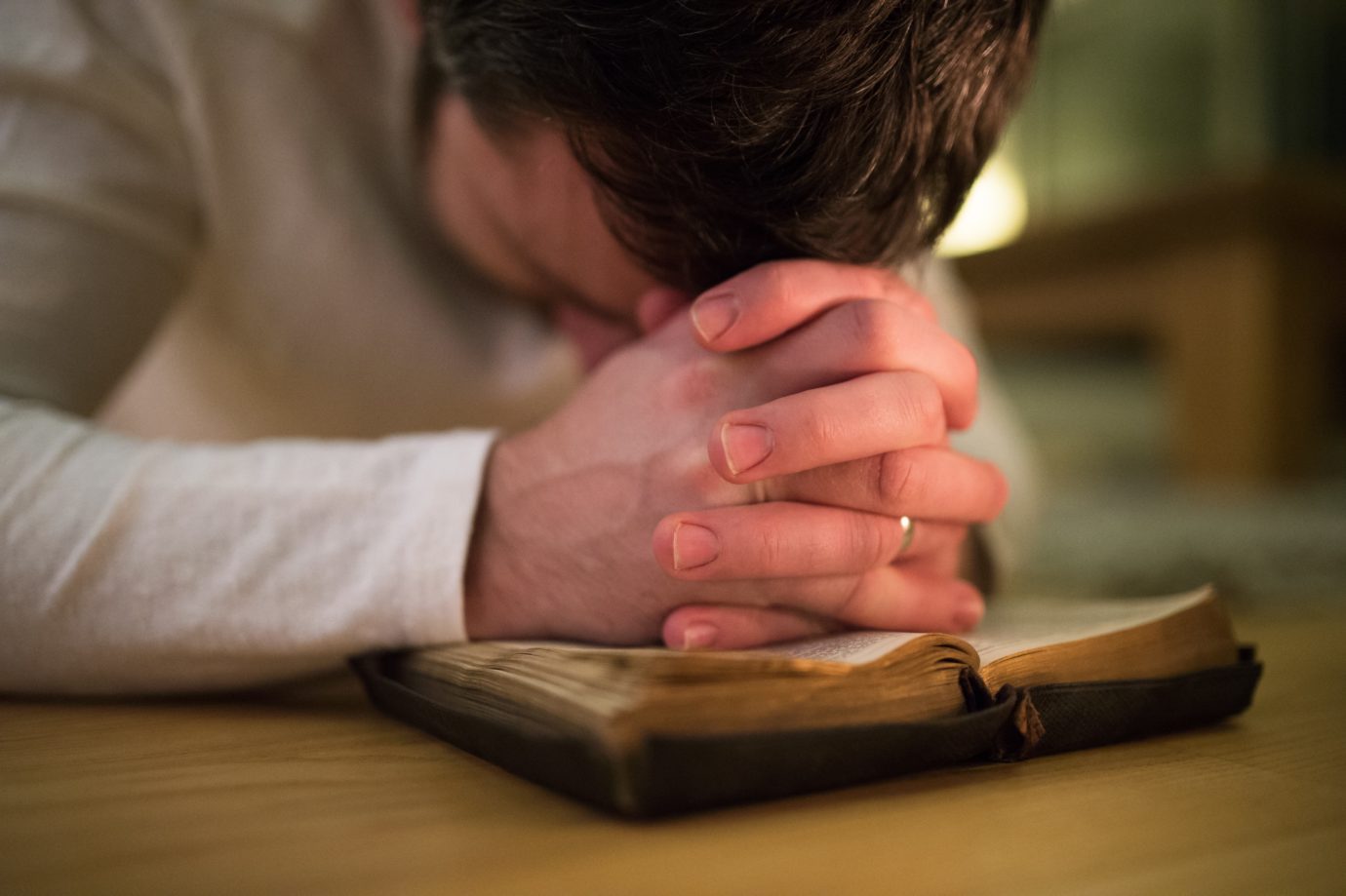Restorative Justice

While self-disclosure is often frowned upon in the fields of psychology and psychiatry, I do it when I think it will be beneficial for my audience or my patient. As a psychiatrist and an abuse survivor, I am in a unique position to share from multiple perspectives. I share my story about a history of adverse childhood experiences here so that you can understand the heart of a person who has been a victim of abuse as well as someone who is now trained to work with perpetrators of abuse.
As Christians, we are tasked with creating circles of care and protection around survivors of abuse, and it is important to hold perpetrators accountable. In 1 Thessalonians 3, Paul specifically talks about the Christian who needs to walk in the image of Christ and reflect Him in aspects of sexual purity. He uses very strong language to remind us that God will hold accountable those who take advantage of another brother or sister sexually.
However, image-bearers of Christ should not only hold people accountable for their actions; they are also charged to offer opportunities for repentance, confession, and healing to those who have harmed others. While this is a biblical concept, those in the secular community have taken ownership of this opportunity and may be doing it better than we are. We call it forgiveness; they call it restorative justice.
Restorative justice is a form of justice that aims to restore the relationship between victim and offender as a conduit of healing. Several studies have shown that it has substantial benefits, including healing for both parties, as it gives a voice to the victim and allows the perpetrator an opportunity for repentance and attempts at restoration. It may sound paradoxical to say that placing an offender with the victim of injustice would foster healing, but this is what our faith is based on.
AN ELEGANT AND BEAUTIFUL PARADOX
In the Baptist Convention of Maryland/Delaware’s talks on trauma-informed care, Dr. Tom Rodgerson, a clinical counselor at CentrePointe Counseling, shared, “We must wrestle with the difficulty of having a traumatic event at the center of Christianity.” It’s a beautiful paradox that the cross where Christ was pierced for our transgressions and crushed for our iniquities is also the same cross to which we run to seek the benefits of the punishment which brings us peace and the wounding by which we are healed (Isaiah 53:5).
Is it surprising that the cross can also be the neutral meeting ground for both survivor and offender?
Dr. Bergina Brickhouse Isbell is a board-certified psychiatrist, speaker, and bestselling author. She will be a speaker at BCM/D’s Pathways Conference on April 30 at Cresthill Church. Click the link below for more information and to register.
